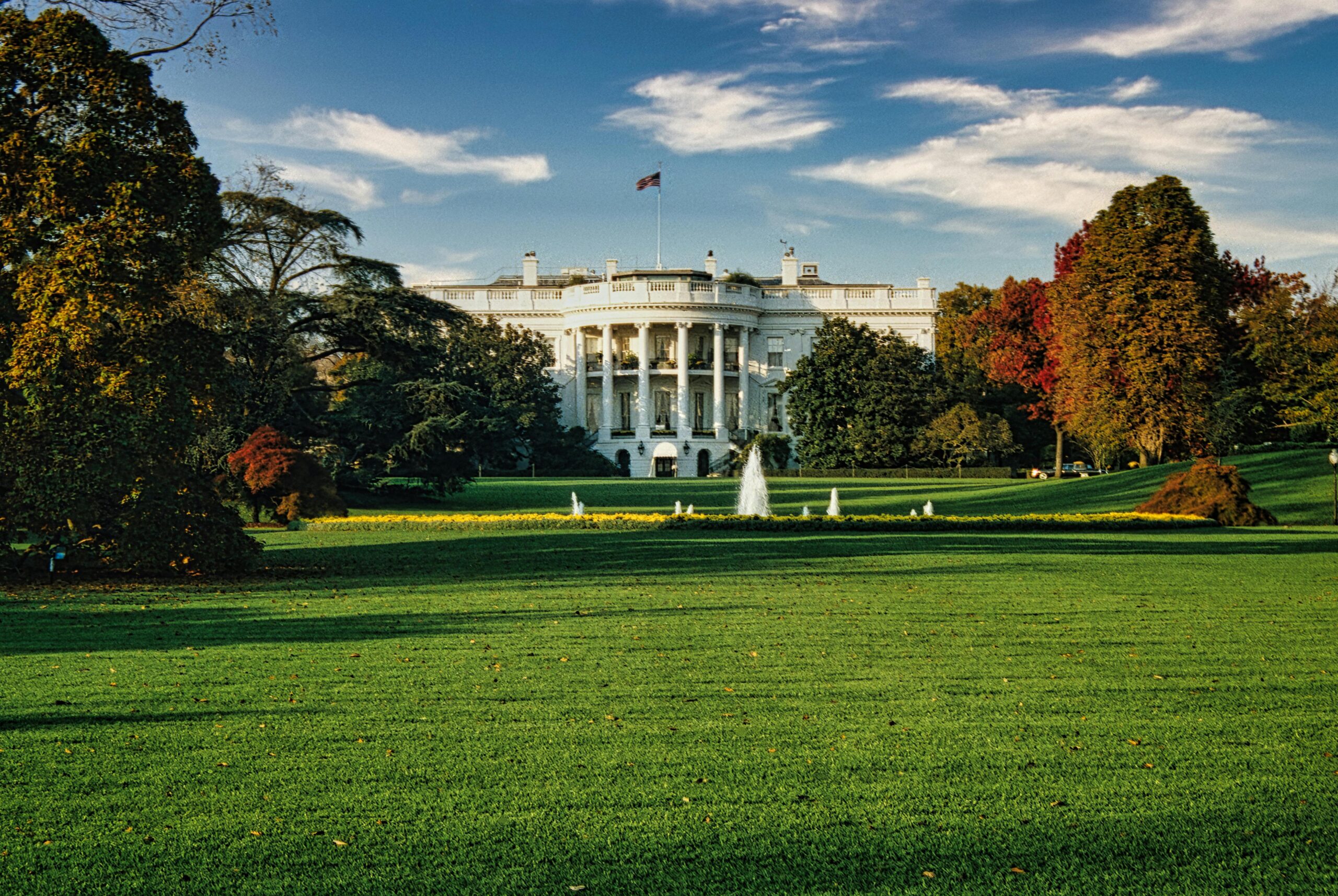In the intricate web of national finance, few threads are as scrutinized and debated as military spending. For the United States, a global superpower with extensive international commitments, military expenditure represents not just a budget line item but a cornerstone of national strategy and security policy. However, the implications of this spending reach far beyond defense capabilities, profoundly influencing the nation’s fiscal health and economic stability.
At its core, military spending is a significant component of the federal budget, often occupying a substantial portion alongside entitlement programs and infrastructure investments. In recent years, the scale of this expenditure has sparked intense discussions regarding its impact on America’s fiscal deficit—the shortfall between government revenue and spending.
Proponents of robust military spending argue from a perspective of national security and global leadership. The United States maintains the world’s largest military budget, surpassing those of the next several nations combined. This investment supports a formidable defense apparatus capable of addressing threats both conventional and emerging, thereby safeguarding American interests at home and abroad. Advocates stress that a well-funded military is crucial for deterring adversaries, maintaining alliances, and responding swiftly to global crises—a posture they argue is indispensable in an increasingly uncertain geopolitical landscape.
Conversely, critics highlight the financial strain imposed by excessive military spending on the federal deficit. They argue that the substantial allocation of resources to defense diverts funds from crucial domestic priorities such as healthcare, education, and infrastructure. Moreover, they contend that unchecked military expenditure contributes to a cycle of deficit financing, potentially exacerbating long-term economic vulnerabilities and burdening future generations with unsustainable debt.
The relationship between military spending and the federal deficit is nuanced and multifaceted. While defense investments can stimulate economic activity through government contracts and technological innovation, their broader economic impact remains subject to debate. Some economists argue that excessive defense spending may crowd out private sector investment, distort resource allocation, and hinder long-term economic growth. Others suggest that judiciously managed defense investments, coupled with complementary fiscal policies, can enhance overall economic resilience and competitiveness.
Moreover, the fiscal implications of military spending extend beyond immediate budgetary concerns. Defense expenditures influence federal borrowing costs, global investor confidence, and perceptions of fiscal stewardship—factors that can shape the nation’s economic trajectory and influence policy decisions across sectors. As such, policymakers face the intricate task of balancing national security imperatives with fiscal responsibility, navigating a path that ensures both defense readiness and sustainable fiscal health.
Looking ahead, the discourse on military spending and the federal deficit is poised to evolve amidst shifting geopolitical dynamics and domestic priorities. Calls for budgetary restraint and strategic reassessment are juxtaposed against imperatives for modernization and preparedness in an era defined by technological advancement and unconventional threats. Achieving a consensus on the optimal balance between defense requirements and fiscal prudence remains a perennial challenge—one that demands rigorous analysis, informed debate, and a steadfast commitment to the nation’s long-term interests.
In conclusion, the role of military spending in America’s federal deficit reflects a complex interplay of strategic imperatives, economic considerations, and national priorities. As the nation navigates the challenges of the 21st century, the management of defense expenditures will continue to shape its fiscal landscape, influencing policy choices and defining its global role. The quest for a sustainable equilibrium between defense readiness and fiscal discipline remains essential to safeguarding both national security and economic prosperity in an increasingly interconnected world.













Recent Comments